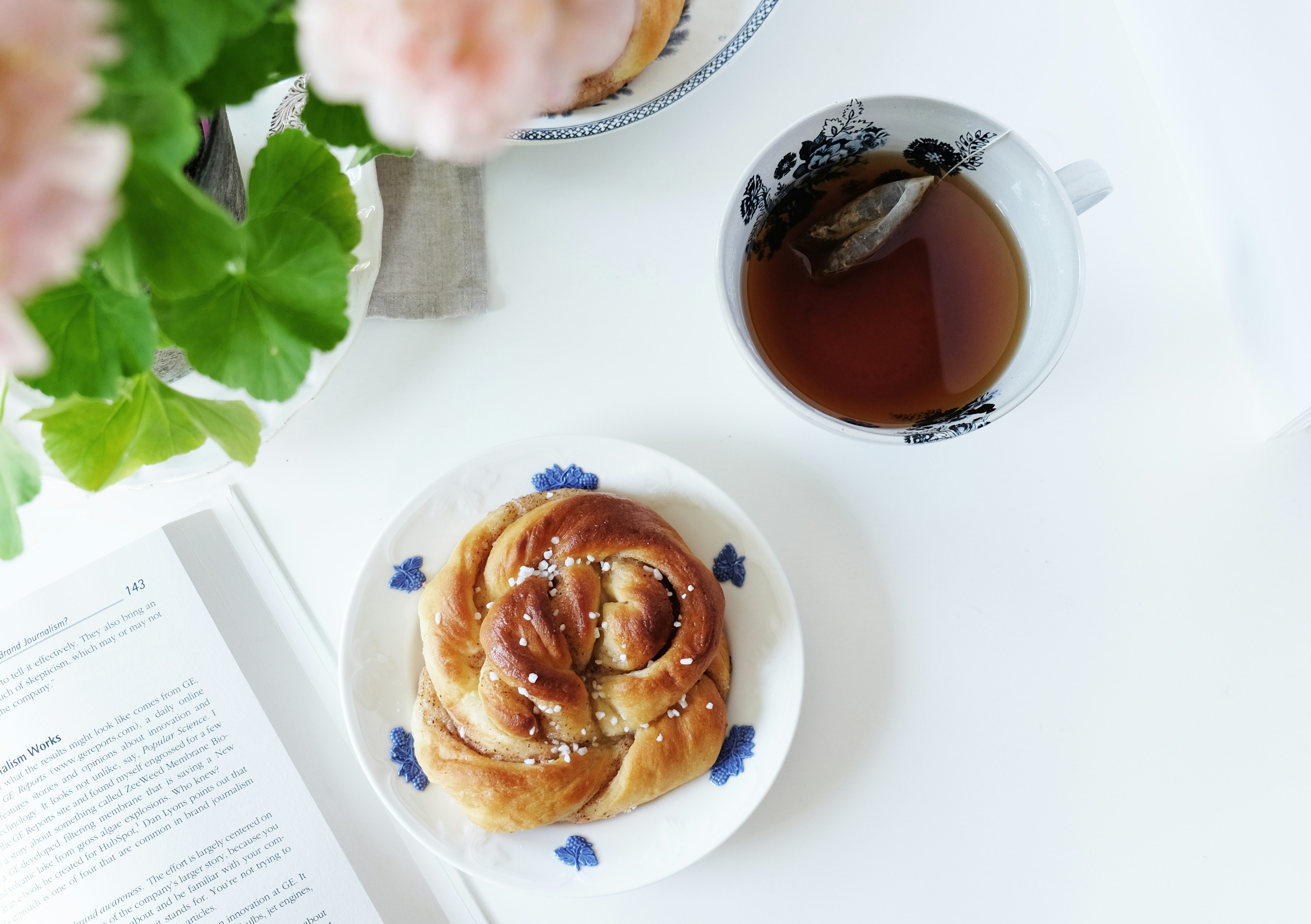Is Fika Functional?

In 2019, the World Health Organization added burn-out to the International Classification of Diseases as an "occupational phenomenon...conceptualized as resulting from chronic workplace stress." Can the secret solution for reducing burn-out while increasing productivity be found in Sweden?
Fika (pronounced fee-kuh) refers to a social coffee break accompanied by a pastry or cake and is a tradition that has been ingrained in Swedish society for more than 100 years. In fact, according to Sweden's official website for travel and tourism, "So ingrained in the Swedish psyche is the custom that some companies add a clause to contracts stating that employees are entitled to fika breaks." This seemingly simple daily practice is more than it seems; it's a cultural phenomenon emphasizing the importance of taking a pause, and it might just be the key to enhanced efficiency in the workplace.
To comprehend the potential impact of fika on productivity, you must consider the psychology behind the value of taking breaks. A systematic review of micro-breaks' efficiacy for increasing well-being and performance finds that the breaks help boost energy, decrease fatigue, and improve performance concerning routine and creative assignments. Fika, emphasizing intentional disconnection from workplace tasks, ultimately enhances focus and creativity upon returning to work by allowing individuals to mentally recharge throughout the day. The standard Swedish office incorporates fika into their daily routine around 10am and 3pm to provide both mid-morning and mid-afternoon motivation.
According to cognitive psychologist and neuroscientist Daniel Levitin, the brain has two modes of attention: the task-positive network and the task-negative network. While the task-positive network is activated when one is engaged and directing total attention to a particular task, the task-negative network is active when the mind is relaxed and freely wandering. Interestingly, the task-negative network “is responsible for our moments of greatest creativity and insight, when we’re able to solve problems that previously seemed unsolvable."
How does fika enable task-negative mode to work its magic? It helps optimize the brain’s capacity to make connections that can be obstructed by cognitive fatigue due to prolonged periods of intense mental activity. Fika provides a designated time to temporarily detach from work-related stressors, allowing for renewed clarity, restored attention, and subconscious information processing that subsequently facilitates problem-solving. This benefit is validated by psychology professor Alejandro Lleras, who proposes that deactivating and reactivating supports sustained focus and whose research finds that it is most efficient to impose brief breaks on oneself during long tasks.
In a world increasingly concerned with pursuing productivity and enshrined in ‘hustle culture,’ fika offers an unexpected and more enjoyable system for increased output.
Wondering where you can fika in Paris?
Fauna
12 Rue Oberkampf, 75011 Paris
Opened by Jacob Köhler and Philip Josefsson in Paris' 11th arrondissement, Fauna is a Scandi-chic coffee shop serving lattes, matcha, and kanelbullar; the infamous Swedish cinnamon roll. Sit and have your fika fix any day of the week!
Café Fika
11 Rue Payenne, 75003 Paris
Café Fika was opened in the courtyard of Paris’ Swedish Institute by two Parisians seduced by the sweet concept of fika. Located in Le Marais, Cafe Fika serves pastries, hot drinks, salads, and toasts from a menu that changes according to the season. Stop in between 10:00 and 19:00 from Tuesday to Sunday to experience fika firsthand.
Svenska Affären
80 Rue de Saussure, 75017 Paris
Nestled in the 17th arrondissement, this charming Swedish cafe and grocer offers local products alongside various homemade pastries. Enjoy the scent of kanelbullar and other brioches, with blueberry and vanilla cream, sugar, or cardamom.
Taking a daily fika can serve not only as a simple social pleasure but also as a strategic approach to maintaining optimal cognitive function. By allowing the brain to rest, reset, and engage in informal activity, individuals can create an environment that fosters more effective problem-solving during working hours. Incorporating mindful fika breaks into daily routine is an investment in both mental well-being and overall productivity.





